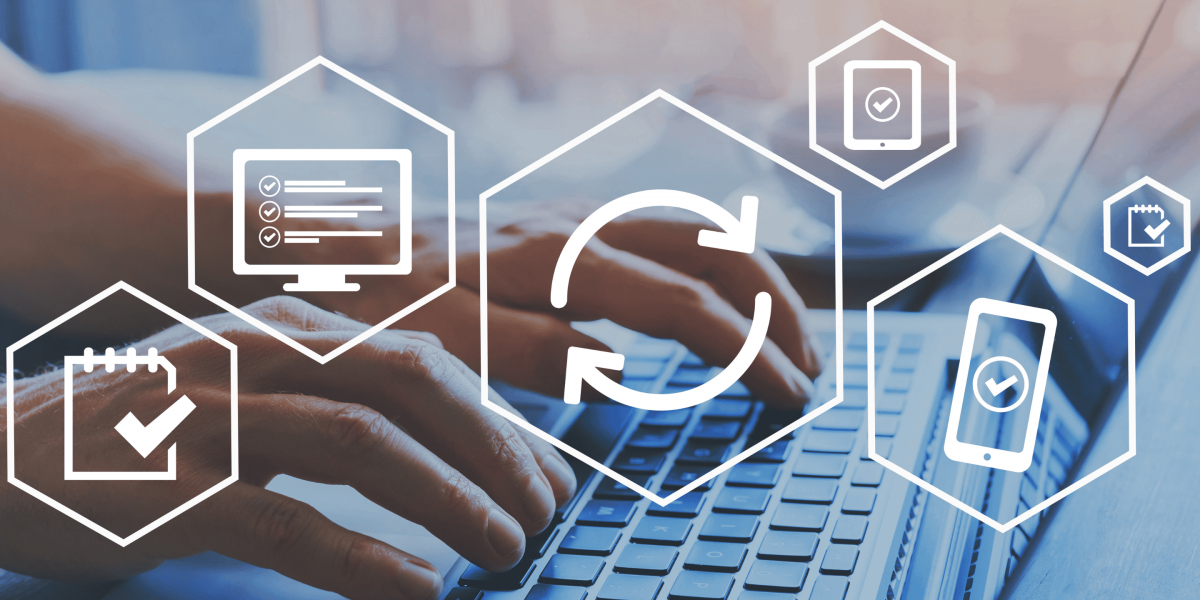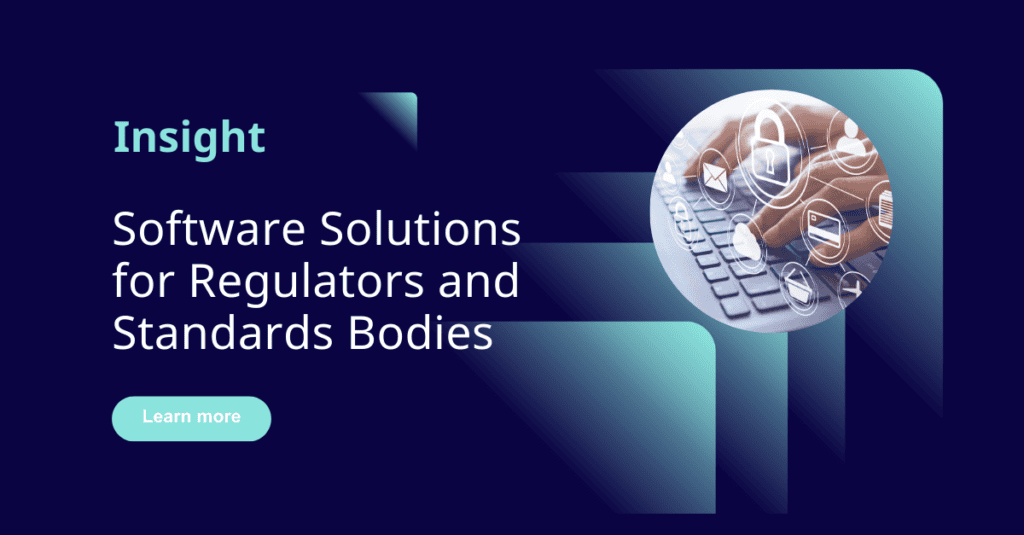Standards Development Organizations (SDOs) play a crucial role in creating and maintaining the standards that shape industries, technologies, and practices worldwide. From establishing safety protocols to defining technical specifications, the work of these organizations promotes interoperability, innovation, and trust across various sectors.
However, the process of developing standards is inherently complex, requiring collaboration among diverse stakeholders, transparent decision-making, and rigorous adherence to established procedures. Without clear and consistent processes, SDOs potentially risk inefficiencies, disagreements, and diminished credibility in their outputs.
Given these challenges, standardization within SDOs may provide great benefits. A robust, standardized process could facilitate smoother collaboration, ensure transparency, and enhance the overall efficiency of standards development.
Two widely recognized frameworks for formal decision-making – Robert’s Rules of Order and the American Institute of Parliamentarians Standard Code, 2nd Edition (AIPSC2) – offer a proven foundation for deliberative processes.
Translating these frameworks into software implementation tools could enable SDOs to increase efficiency and adopt more structured approaches to their content management. By leveraging the right tools, SDOs can not only streamline their operations but also reinforce their commitment to fairness, inclusivity, and transparency.
Foundations of Deliberative Processes
Robert’s Rules of Order is a time-tested manual of parliamentary procedure used to conduct formal meetings and make group decisions. First published in 1876, it provides a detailed framework for managing discussions, resolving conflicts, and achieving consensus while ensuring that every participant’s voice is heard.
The American Institute of Parliamentarians Standard Code, 2nd Edition (AIPSC2) builds on similar principles but offers a more modern approach tailored to contemporary needs. Derived from the Sturgis Procedure Manual, AIPSC2 incorporates advancements such as the acknowledgment of digital tools and addresses nuances in modern organizational dynamics. Its flexibility makes it particularly well-suited for diverse and evolving environments.
Key Principles of Deliberative Processes
At their core, both of these frameworks emphasize the following principles:
- Fairness: Ensuring equal participation and consideration for all members
- Inclusivity: Encouraging diverse perspectives to be heard and respected
- Transparency: Keeping the process open and accountable to stakeholders
- Structure: Providing a clear roadmap for discussions, voting, and resolution
- Efficiency: Balancing thorough deliberation with timely decision-making
These principles make Robert’s Rules and AIPSC2 ideal foundations for creating deliberative processes that align with the objectives of SDOs.
Considerations for Software Implementation of Deliberative Frameworks
By translating the principles of Robert’s Rules and AIPSC2 into software, SDOs can implement a structured, digital approach to their deliberative processes. Such tools can serve as “operational manuals” in software form, ensuring that the best practices outlined in these frameworks are consistently applied. However, there are a number of considerations to bear in mind for this to work most effectively for SDOs:
Customization, Flexibility and User Diversity
As every SDO operates in a unique context, with its own set of priorities, constraints, and stakeholders, the ability to customize this type of software is a key consideration. Customization would allow organizations to maintain their individuality while benefiting from a standardized framework.
As SDOs often include members from diverse industries, disciplines, and regions, the software must accommodate different levels of technical proficiency, languages, and cultural expectations.
Integration with Existing Tools
Another key consideration for this type of software implementation is the seamless integration of it with already existing tools used by SDOs to avoid possible disruption and duplication of effort.
Transparency and Auditability
The software should provide detailed records of deliberations and built-in auditing capabilities to help verify compliance with procedural rules and address any disputes or inconsistencies.
Security and Privacy
As SDOs often handle sensitive information related to standards and industry practices, the software must ensure robust data encryption and access controls to prevent unauthorized access, as well as adherence to data protection laws.
The versatility of such platforms positions them as indispensable tools for organizational governance in the modern era.
Benefits of Software-Implemented Deliberative Processes for SDOs
There are numerous benefits for SDOs that could result from a software-implemented deliberative process:
Operational Efficiency
One of the most significant advantages of adopting software-driven standardized processes is the boost in operational efficiency. By automating routine administrative tasks such as agenda setting and scheduling, organizations can significantly reduce the time spent on these activities. Streamlined meetings and reduced paperwork can assist SDOs with meeting any tight deadlines and to keep up with constantly evolving industry demands.
Transparency
Transparency is crucial in any deliberative process. Software systems designed around standardized procedural frameworks can provide clear and comprehensive records of discussions, proposals, amendments, and voting outcomes. These records can then be easily accessed by stakeholders, as well as ensuring every decision can be traced back to its origins and each amendment or comment throughout the process is visible.
Structure
Standardized software ensures uniform application of procedural rules across all activities, creating a consistent framework that reduces ambiguity and misunderstandings. This consistency is especially valuable for organizations managing multiple concurrent projects or committees. By adhering to established guidelines, the software minimizes the risk of procedural disputes and ensures that all stakeholders operate under the same set of expectations. This will result in stronger collaboration and enhance the overall efficiency of the standards development process.
Scalability and Growth
As SDOs expand their scope and membership, maintaining procedural integrity can become increasingly challenging. Software-driven standardized processes are inherently scalable, allowing organizations to accommodate growth without compromising their decision-making frameworks. These systems can ensure that SDOs can scale their operations seamlessly while maintaining the efficiency, transparency, and consistency that underpin their success.
The Future of Deliberative Software for SDOs and Beyond
As technology evolves, the potential for deliberative software to integrate artificial intelligence (AI) and machine learning (ML) opens exciting possibilities. For example, AI could provide real-time insights into potential conflicts in proposals, suggest relevant historical precedents, or predict the outcomes of votes based on past trends.
By continuously evolving to meet the needs of diverse SDOs, this type of software could revolutionize how they can navigate complexity, foster collaboration, and achieve consensus.
Additionally, these software solutions could be of great benefit in a broader range of industries too. Any organization with a need for structured, inclusive decision-making processes can benefit, not just SDOs. These organizations can range from labor unions, governance bodies, and academic and educational institutions, to professional associations like health and medical or trade associations.
The versatility of such platforms positions them as indispensable tools for organizational governance in the modern era.

